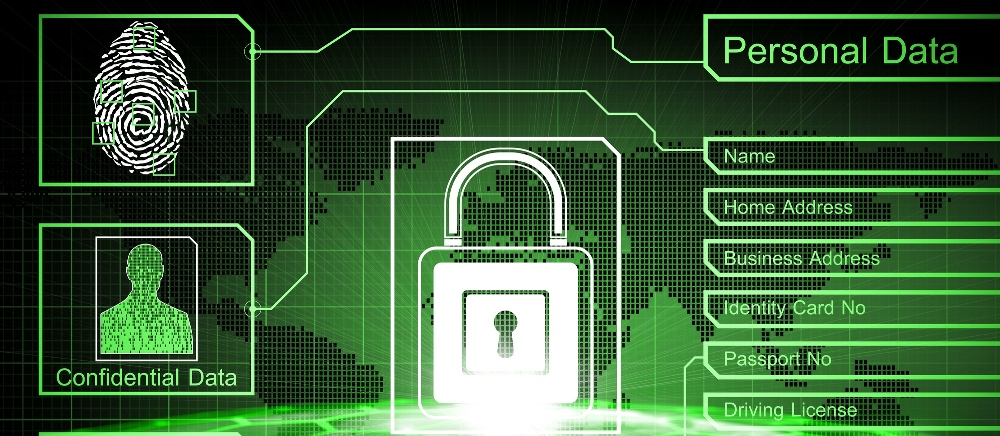Scotland has made history by being the first nation in the world to issue a code of practice covering the ethical use of biometric data such as DNA and other types of genetic information.
The code of practice, which went into effect on Wednesday, November 16, is intended to provide the law enforcement community with the direction regarding the morally acceptable application of biometric data and other relevant forensic technology in the criminal justice system context.
The usage of biometric data, which might include a person’s face, fingerprints, voice, DNA profile, and other metrics connected to the body, is becoming more widespread in modern technologies, particularly those that are concerned with facial recognition.
On the other hand, these applications have resulted in challenges to civil rights and condemnation from human rights groups. These groups argue that the technology is frequently biased and erroneous in its conclusions.
Read also: iiDENTIFii, is the winner of KPMG’s Private Enterprise Tech Innovator in Africa
Why is this necessary?
The Scottish framework tries to address these concerns by laying out a set of 12 principles and ethical considerations that explain the procedures for acquiring, retaining, utilizing, and destroying biometric data in the context of the criminal justice and policing systems.
These include respect for human rights, equality, lawful authority, ethics, privacy, and the promotion of scientific and technological advancements.
These principles have to be followed by Police Scotland, the Scottish Police Authority, and the Police Investigations and Review Commissioner. In addition, the code incorporates a complaints system and gives the enforcement authority in order to guarantee compliance.
According to Dr Brian Plastow, the Scottish Biometrics Commissioner, the law constitutes “a huge human rights victory” for Scotland and is something the country should be proud of.
He stated that as of today, Scotland is the first country in the world to have a national code of practice that provides guidance to the police on how biometric data and related forensic technologies can be used. “From today, Scotland is the first country in the world to have a national code of practice,” he said. “It promotes good practice, transparency, and accountability by setting out standards for professional decision-making while matching the needs and responsibilities of policing with important safeguards for human rights.” “It sets out standards for professional decision-making while matching the needs and responsibilities of policing with important safeguards for human rights.
It is expected that the execution of this policy will increase confidence in our legal system.
Keith Brown, Cabinet Secretary for Justice and Veterans Affairs, stated that “given the rapid increase in police use of biometric data and technologies in recent years, it is all the more important that we have an independent commissioner who will raise public awareness about rights, responsibilities, and standards.”
Brown went on to say, “Given that police use of biometric data and technologies has grown so quickly in recent years, it is even more important that we have an independent commissioner who will make sure that these technologies are used in a fair way.”
It is very important that we work to make people in our communities, especially young people and people in weak positions, more aware of these problems.
The partnership between Scotland and The UK
“The commissioner’s code of practice shows how forward-thinking Scotland is when it comes to biometrics, especially when it comes to policing and the justice system.”
The Criminal Justice Committee of the Scottish Parliament unanimously agreed to accept the code without making any changes to it, and regulations were subsequently put out to make the code part of the legislative framework.
Although the guidelines are specific to Scotland, the code is designed to work in conjunction with frameworks currently being developed in other parts of the UK.
After finding that UK law in this area is “fragmented” and “not clear,” a review of UK law commissioned by the Ada Lovelace Institute earlier this year called on the government to pass laws that will govern biometric technologies. The Ada Lovelace Institute commissioned the review.
Professor Fraser Sampson, who works for the UK government as the Commissioner for Biometrics and Surveillance Cameras, has similar concerns and has called for “a clear, comprehensive, and coherent framework to ensure proper regulation and accountability” for the use of biometrics and surveillance cameras in England and Wales. Sampson is the UK government’s biometrics and surveillance camera commissioner.
Until recently, law enforcement agencies were virtually the only ones to use biometric technologies. The Metropolitan Police and the South Wales Police are two examples of police departments that are known to use these technologies.
But now, more and more public and private organizations, like employers, schools, and shops, are using them to score video interviews, warn staff about theft risks, and check the identities of students.
Last year, the Information Commissioner’s Office (ICO) in the UK had similar worries about the irresponsible and wrong use of facial recognition in public places. In response, the ICO banned the facial-recognition company Clearview AI and demanded that the company delete all of the data it held related to citizens of the United Kingdom.
















